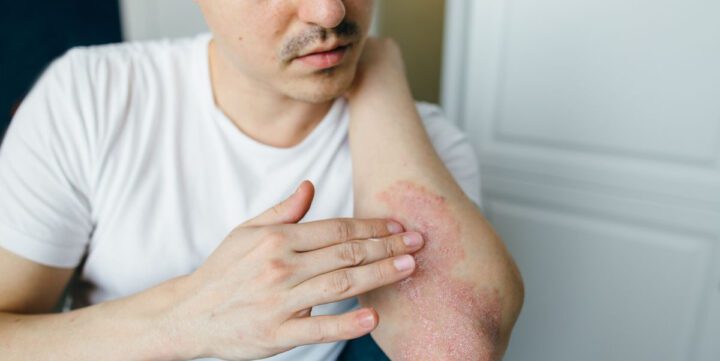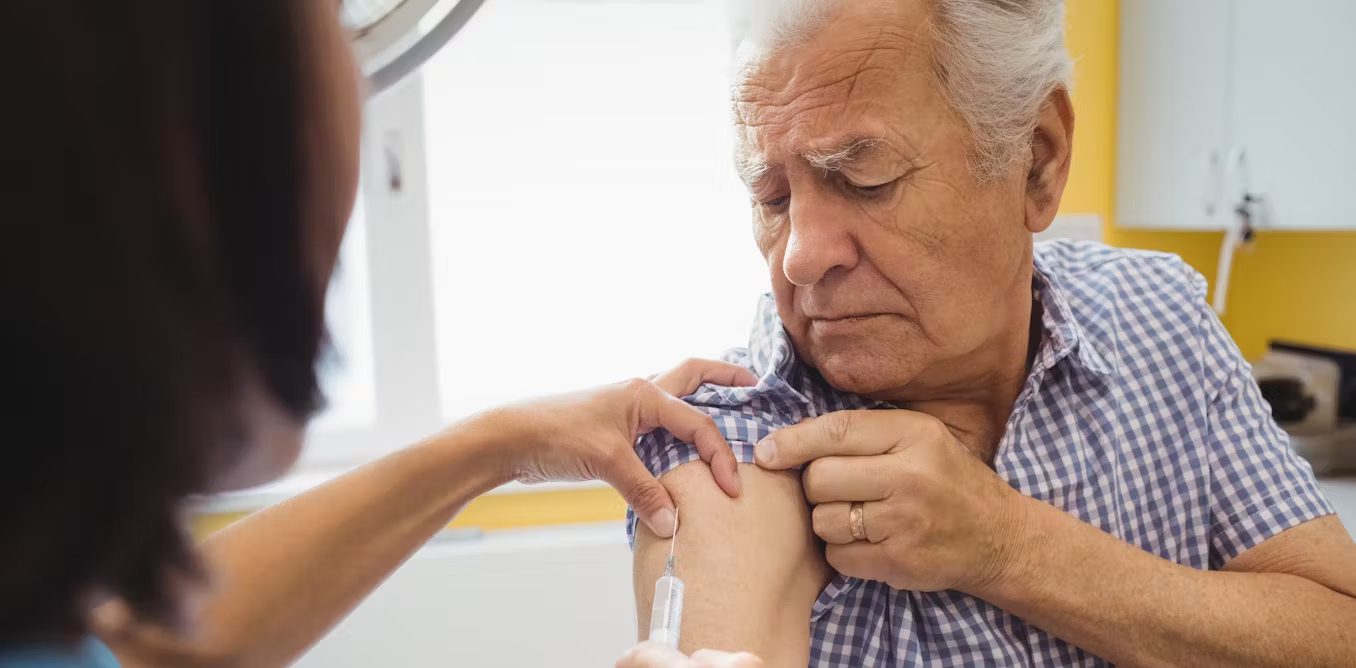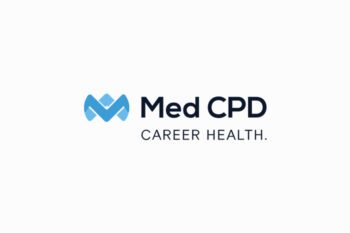A balance of psoriasis and life
October 23, 2023
What we know about psoriasis
Psoriasis is a chronic inflammatory multisystem disease accompanied by hyperproliferation and inflammation of epidermal keratinocytes. It is a multifaceted and common chronic papulosquamous skin disease, likely caused by the dynamic interplay between multiple genetic risk factors, environmental risk factors, and excessive immunological abnormalities. Affecting an estimated 2% of the global population, our comprehension of psoriasis and the avenues for its treatment have made significant strides in recent years. Notably, innovations in biological therapies have underscored the centrality of tumour necrosis factor-α, interleukin (IL)-23p19, and the IL-17A axis, spotlighting their interaction with skin-resident immune cells and pivotal signalling pathways in driving the disease’s progression.
In learning more about this fine balancing act, we have also learnt a great deal about the comorbidities linked to psoriasis as a systemic inflammatory condition. Between 2.3% and 6.6% of the Australian population have psoriasis, and while the skin is the most visibly affected organ, there is increasing evidence to support the recognition of many associated disorders, including psoriatic arthritis, cardiovascular disease, obesity, insulin resistance, mental health disorders, certain types of malignancy, inflammatory bowel disease and other immune-related disorders, and hepatic and renal disease.
The roots of psoriasis lie in its characterisation as an immune-mediated condition, shaped by both genetic factors and environmental stimuli. In this condition, the confluence of activated keratinocytes and immune cells instigates the rapid proliferation of keratinocytes. This perpetually dispenses a surge of inflammatory cytokines from both the affected skin regions and immune cells, setting off a domino effect of systemic complications including the hallmark signs of psoriasis we see at the skin.
The science
A hallmark of the immune system is its fine-tuned balancing act involving type 1 (T-helper 1 [Th1] + innate lymphoid cell [ILC] 1), type 2 (Th2 + ILC2), and type 3 (Th17 + ILC3) immune responses, with regulatory cells acting as overseers, ensuring no overstepping. Psoriasis emerges prominently as an interleukin (IL)-17 orchestrated type 3 dominant immunological anomaly. And while it predominantly exhibits a type 3 cytokine profile, an abundance of interferon (IFN)-γ/tumour necrosis factor-α (TNF-α) is discernible in psoriatic skin lesions, underscoring the fluidity and complexity of the disease. This intricate equilibrium is not set in stone; it can be disturbed either by the disease itself or external agents. For instance, leveraging immune checkpoint inhibitors often ushers in various immune-mediated disorders, from type 3 psoriatic keratotic erythema to type 2 urticaria, predominantly by curbing regulatory cell function. This underscores the vital role of regulatory cells in tempering immune responses in normal conditions and hints at their compromised functionality in the context of psoriasis.
Inflammation at the core
It’s within this context that modifying lifestyle factors emerges as a promising avenue for intervention. By addressing specific behaviours known to spur inflammation — from dietary choices to stress levels — individuals can exert greater control over their condition, potentially reducing the frequency and severity of psoriasis flare-ups. Placing some power in the hand of the sufferer not only helps the patient understand the condition better in relation to their own body, but helps to keep track of progress and identify signs and symptoms relating to their form of the condition. Consider the following points as a checklist to observe and modify lifestyle factors in conjunction with other therapies.
Nutrition
When considering dietary choices in relation to inflammation, some studies suggest a few factors to bear in mind. Some foods, notably those high in sugars, trans fats, and certain additives, might be associated with increased inflammation. Such ingredients are often found in items like sodas, processed snacks, and certain ready-to-eat meals. Consequently, some health professionals might suggest reducing intake of these where possible. On another note, foods rich in omega-3 fatty acids, such as fatty fish, flaxseeds, and walnuts, have been linked to potential anti-inflammatory benefits. Berries, green tea, and dark leafy greens, with their antioxidant properties, might also play a role in managing inflammation. There’s also some discussion around red and processed meats, which might introduce certain chemicals and saturated fats into one’s diet, potentially influencing inflammation levels.
Drinking adequate water is thought to possibly assist in the removal of waste products and toxins from the body, which might have an indirect role in reducing inflammation. Some researchers suggest that staying well-hydrated can support overall cellular function and possibly prevent the concentration of inflammatory agents. Furthermore, dehydration might lead to the production of certain stress hormones, potentially inducing inflammatory responses. However, the depth and breadth of hydration’s direct anti-inflammatory effects are still being studied. As always, individual needs and responses can vary, making it advisable for individuals to seek tailored guidance from healthcare professionals regarding optimal hydration levels.
Tobacco & alcohol
Tobacco smoking carries a plethora of health risks, one of which directly pertains to the skin’s vitality. Smoking has been associated with premature skin ageing, reduced wound healing, and increased risk of certain skin conditions. The harmful compounds found in tobacco can diminish the skin’s natural glow, decrease its elasticity, and potentially exacerbate skin-related issues. Recognising these implications, medical professionals often emphasise the importance of cessation. Although there is limited research in regards to vaping and the long term effects on psoriasis and other inflammatory conditions, cessation may reduce inflammation and irritation to the skin and should be considered in therapy.
Alcohol, when consumed in moderation, might not present overt health threats. However, immoderate consumption can strain the liver, which can in turn amplify systemic inflammation. There’s a balance to strike, advising patients to be mindful of their intake and considering healthier alternatives, such as switching out alcohols with non-alcoholic alternatives. By adhering to recommended consumption limits, individuals might be able to enjoy the occasional drink without adversely impacting their health or flaring up their symptoms.
Activity and fitness
The advantages of regular physical activity extend beyond just weight management. Engaging in consistent exercise bolsters circulation and has been linked with a potential reduction in systemic inflammation. Current guidelines often highlight the potential benefits of dedicating at least 150 minutes to moderate-intensity aerobic exercise each week. Such activity can encompass brisk walking, cycling, or even dancing—essentially, any movement that elevates the heart rate. Encouraging patients to find a routine that aligns with their preferences can foster long-term adherence and consequently, holistic health improvements.
Stress & sleep
The myriad challenges of modern life often usher in heightened stress levels, which, if chronic, can take a toll on physical and mental health. While yoga and meditation have gained acclaim for their stress-reducing properties, there’s no one-size-fits-all solution. Some might find solace in journaling, allowing them to process emotions and events. Others might gravitate towards art therapy, using creativity as an outlet. Engaging in hobbies, from gardening to music, can also offer a therapeutic escape. Additionally, structured interventions like seeking out a mental health plan and engaging in therapies such as Cognitive Behavioral Therapy (CBT) provide tools and strategies to navigate stressors, equipping individuals with resilience and coping mechanisms for life’s ups and downs.
Sleep serves as the body’s reset button, offering more than mere mental rejuvenation. During sleep, the body undergoes myriad repair processes, restoring cellular damage and rebalancing hormonal levels. To optimise these benefits, good sleep hygiene becomes paramount. This involves maintaining a consistent sleep schedule, minimising screen exposure before bedtime to mitigate blue light’s effects on melatonin production, and creating a conducive sleep environment—think quiet, dark, and comfortable.
Keeping a record
Although this is not an exhaustive list of conservative interventions for inflammation, it provides a basis for history taking and allows for interventions to begin immediately; especially when awaiting test results or specialist referrals. For individuals grappling with psoriasis, understanding the intricacies of their condition is invaluable. Regularly recording symptoms and maintaining a diary to monitor potential triggers offer a strategic approach to demystifying the complexities of individual flare-ups. This personalised record not only empowers patients with insights into their unique patterns but also facilitates informed discussions with healthcare professionals. Over time, correlating specific triggers with symptom onset or severity can pave the way for more tailored interventions. Moreover, such a diary serves as a tangible reflection of one’s journey, highlighting improvements, underscoring the effectiveness of interventions, and providing motivation.
Yamanaka, K., Yamamoto, O. and Honda, T. (2021), Pathophysiology of psoriasis: A review. J. Dermatol., 48: 722-731. https://doi.org/10.1111/1346-8138.15913












